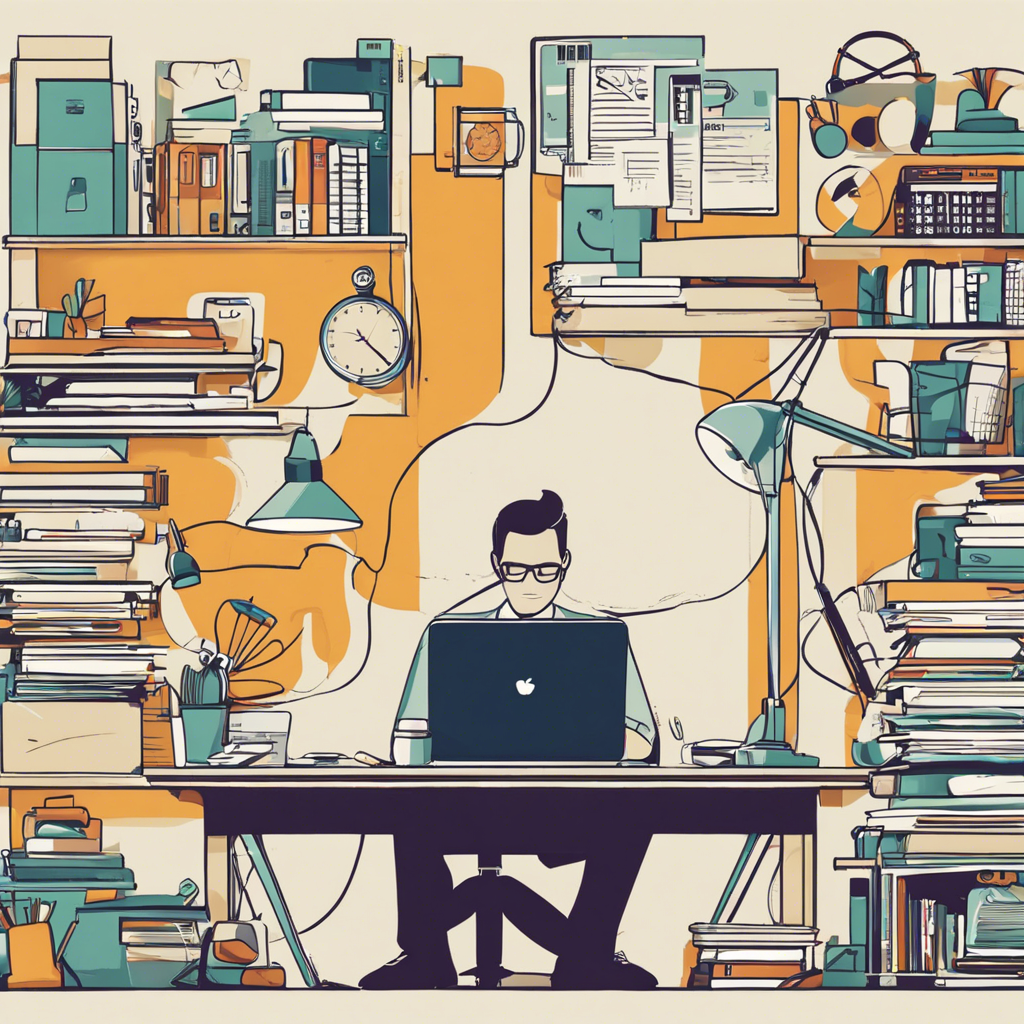We’ve all done it: checked our emails while on a conference call, sent a quick text while making dinner, or tried to squeeze in some laundry while helping our kids with their homework. Multitasking has become a badge of honor in our fast-paced society, with many of us believing that juggling multiple tasks simultaneously boosts our productivity and efficiency. However, emerging scientific research is revealing a different story, one that suggests that multitasking may be doing us more harm than good.
Far from being a productive tool, multitasking can lead to a decrease in our cognitive abilities and can negatively impact our mental health. When we switch between multiple tasks, our brains are unable to fully focus on any one thing, leading to a lack of depth in our work and a shallowness in our thinking. This constant switching also causes stress and can lead to a sense of overwhelm, affecting our ability to prioritize and make sound decisions.
So, what’s the alternative? Enter single-tasking – a practice that involves focusing on one task at a time and giving it your undivided attention. This method of working may seem counterintuitive in today’s fast-paced world, but its benefits are profound. Single-tasking allows us to develop deeper levels of focus and concentration, improving the quality of our work and enhancing our creative thinking abilities.
By giving our full attention to one task, we are also able to work more efficiently and effectively. We are less likely to make mistakes and can complete tasks in a shorter amount of time. Single-tasking also has a positive impact on our mental health, reducing stress levels and improving our overall sense of well-being.
Practicing single-tasking in your daily life can start with small steps, such as setting aside dedicated blocks of time to respond to emails or turning off notifications when working on an important project. It may also involve larger shifts, like blocking out uninterrupted time each week for deep focus work or scheduling daily technology-free periods to reconnect with your surroundings and unwind.
Single-tasking doesn’t mean you can’t handle a busy schedule or a demanding workload; on the contrary, it means you’re prioritizing your time and energy in a way that maximizes your potential and sets you up for success. So, the next time you feel the urge to juggle multiple tasks at once, remember that single-tasking is your secret superpower, one that will help you achieve more by doing less.
By embracing single-tasking and giving ourselves the time and space to focus, we can improve our productivity, enhance our cognitive abilities, and ultimately, achieve a greater sense of fulfillment in our work and personal lives. So, the next time you feel the urge to multitask, pause and consider the power of single-tasking instead.
